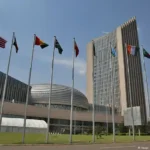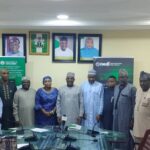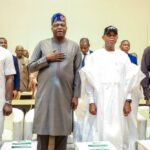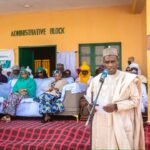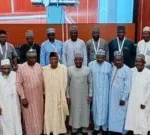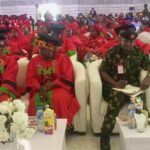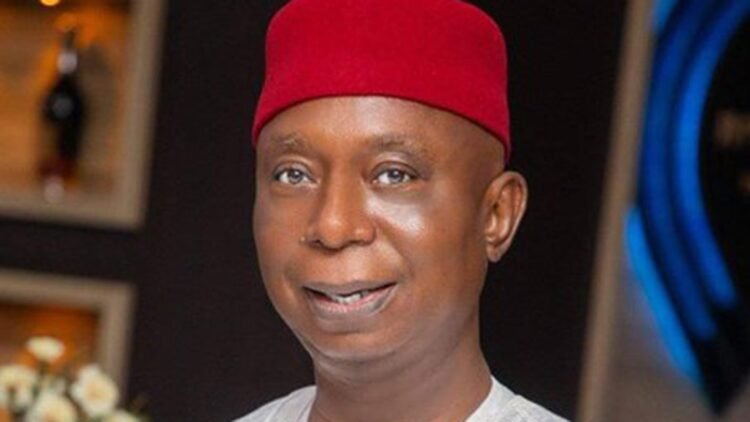By Deborah Coker
Sen. Ned Nwoko (PDP-Delta) on Monday said strategic import policies to bolster local production and drive economic growth must take center stage in the ongoing discussions about Nigeria’s economic future.
Nwoko, representing Delta North Senatorial District, said this in an interview with the News Agency of Nigeria (NAN) in Abuja.
He noted that embracing lessons from countries like South Korea and India, whose initial import restrictions led to long-term economic growth was imperative, adding that Nigeria must aim to chart a similar course.
“It is crucial and urgent that we prioritise embracing local production to uplift our declining economy,” he said.
While recognising the concerns raised by the CBN governor over Nigeria’s reported losses amounting to $1.4 billion over eight years due to restrictions on specific items, he however, said that was a small price to pay.
According to him, such sacrifices are necessary to lay the foundation for a stronger economic future.
“While these figures stress the need for a nuanced approach, they do not discount the potential for long-term benefits.
“For a nation striving to boost its local production and pave the way for a more robust economy, a reported $1.4 billion loss over eight years due to restrictions on certain items is a small price to pay.
“Nigeria needs to ban the importation of non-essential goods to promote local manufacturing and production.
“Redirecting funds previously allocated for importing non-essential goods towards supporting and incentivising local manufacturers and entrepreneurs will be pivotal.”
The lawmaker stressed that providing incentives, such as tax breaks, access to finance, loans from commercial banks with not more than four per cent interest rate, could empower local manufacturers to compete on a global scale.
He added that as a nation, Nigeria possessed all the necessary elements for survival, capable of local production.
“Rejecting the importation of non-essential goods marks the start of our economic independence.
“While there might be initial setbacks and losses, these sacrifices are crucial to establish a strong foundation for sustainable economic growth,” he added.
Nwoko added that to stimulate economic growth, the government must enable banks to lend to businesses at no more than four per cent interest, coupled with tax incentives for the first 5 years.
“Stable and affordable power supply, along with reducing insecurity to the barest minimum, are essential elements that any responsible government must aim to achieve within a reasonable time frame,” he said. (NAN) (www.nannews.ng)
==========
Edited by Idris Abdulrahman

